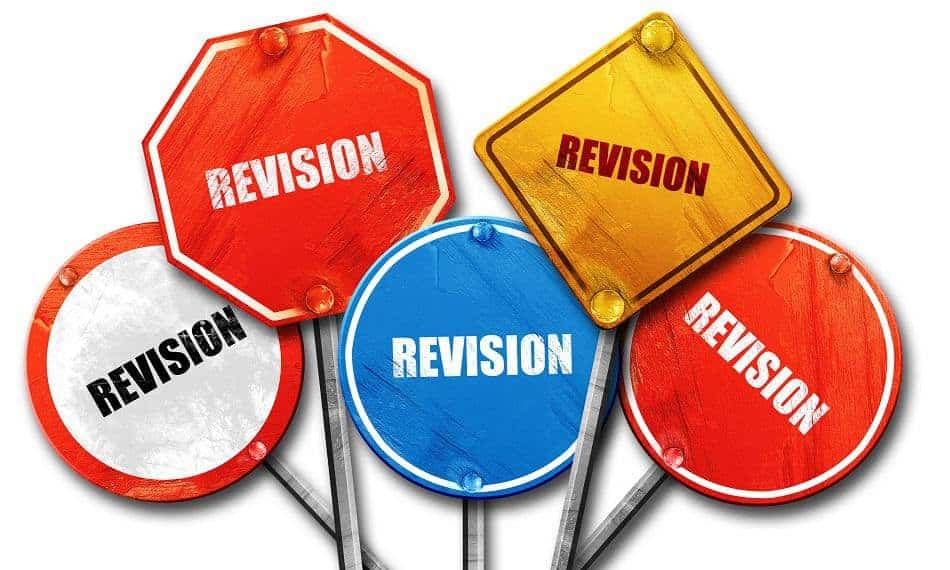Responding to Journal Editors When Revisions are Requested
Often the glowing acceptance letter anticipated by a scholar who has dedicated a great deal of time and effort to preparing an article for submission to an academic or scientific journal never arrives, and what comes instead is an explanation of why the paper cannot be accepted as is. In the best of scenarios, the editor provides details about what should be changed in order for the article to be accepted or seriously considered. If these changes are associated with the content (the methods, data and argument) of the paper, the author will need to make some important decisions regarding the intentions and integrity of the work. If, on the other hand, the changes are required to produce clear and correct language for effective communication or formatting and editorial styles that comply with the journal’s requirements, there is no question that the changes should be made, but the matter will still require careful attention, and a professional academic or scientific proofreader may be able to provide valuable assistance.
Whatever the precise situation may be, you, as the author, will need to communicate effectively with the editor during the revision and resubmission process. Before responding, however, it is essential to give the editor’s letter serious thought, and, ideally, to review the paper and have a colleague read it specifically in relation to the editor’s letter. This will not only curtail your initial response, which may not have produced the best of replies, but also allow you to see clearly what is required and what you may and may not be able to do to meet those requirements. If you are willing to make all the requested changes, you need only write back explaining that you understand exactly what must be done, will work on it at once and plan to send along the revised paper by the deadline indicated by the editor. If no deadline was provided, set a reasonable one yourself – two weeks is generally appropriate. If the editor’s letter did not make it entirely clear that the paper will be accepted or reconsidered once the changes are made, it is wise to ask about or confirm that in your letter as well.
If, on the other hand, you find that you are not able to make all the requested changes, emphasise first the issues you can resolve and then explain very carefully what you feel unable to change and exactly why changing those things would compromise your work. It is essential not to come across as arrogant or difficult to work with as you construct these explanations, so keep in mind that the editor’s comments are aimed at improving your paper and simply by providing helpful suggestions he or she has already dedicated more time and attention to your article than many an editor might have. Hopefully, you will receive an encouraging reply, but you may have to negotiate further, in which case it is a good idea if you and the editor can each compromise a little in order to publish the best paper possible. If your negotiations are not successful, however, remember that any improvements you make to your paper will increase its chances of acceptance when you submit it to a different journal.
You might be interested in Services offered by Proof-Reading-Service.com
Journal Editing
Journal article editing services
PhD Thesis Editing
PhD thesis editing services
Expert Editing
Expert editing for all papers
Medical Editing
Medical Editing Services
Research Editing
Research paper editing services
Book Editing
Professional book editing services

















